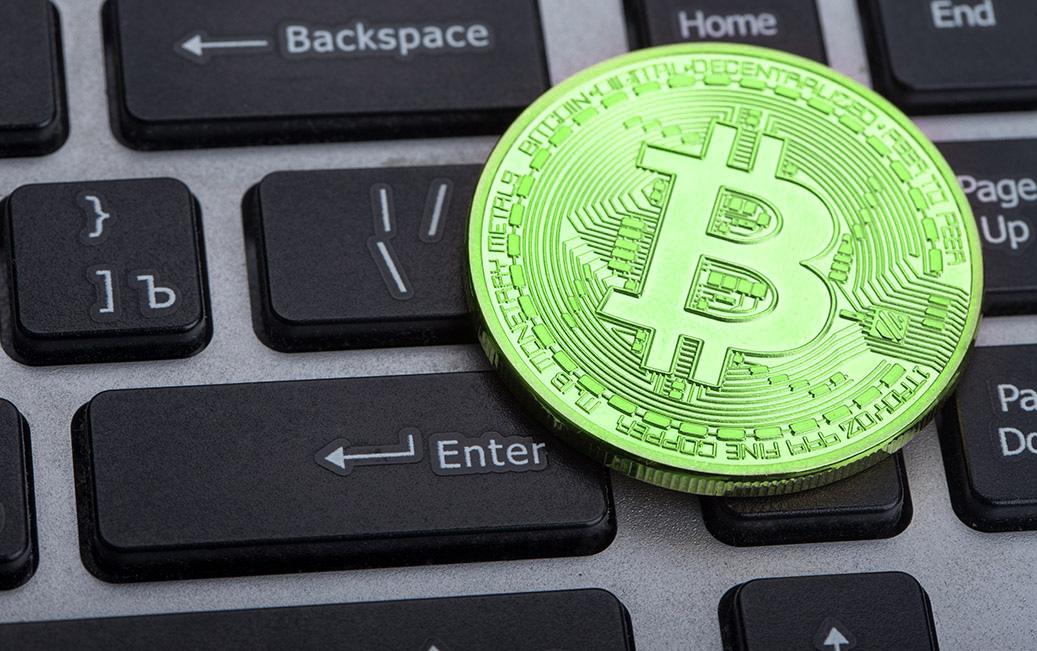Bitcoin Cash

In the short history of Bitcoin, the world of cryptocurrencies has gone through several growth stages. The ever-growing public enthusiasm and demand for these alternative currencies have led to a meteoric rise in their value, transforming what a used to be a fringe ecosystem that appealed to techies to a financial behemoth. However, few skeptics remain unconvinced about Bitcoin’s viability as a currency, citing among other issues, the extreme volatility of the price and the speculative nature that is driving it.
Another heated point of debate that arose over the past couple of years was the scalability issue that ultimately led to the creation of Bitcoin cash. In this article, we will demystify all the nuts and bolts of the scalability problem and outline the pros and cons of the newly-minted Bitcoin cash.
Understanding the Bitcoin scalability problem
The heart of the issue lays in the 1mb block size limit that Bitcoin imposed on the network. The intention of the founder was to limit the frequency of invalid transactions that could jam the entire blockchain. One of the unforeseen consequences of this self-imposed restriction was that the network was only capable of processing a little more than four transactions every second, making it ill-prepared for any substantial increase in volume. With the demand for Bitcoin surging in the past few years, that increase came to fruition, and the network’s ability to handle a higher number of transactions has left many questioning the currency’s long-term viability.
The most glaring inconvenience that arose from the high number of blocks was the amount of time that people had to wait before their transactions were confirmed and validated. This has led many users to offer higher fees for each transaction as an incentive to miners. Those who decided to stick with the standard low fees found their transactions at the bottom of a backlog and had to wait an average of 13 minutes before their operations could go through. This system rewarded miners but penalized the users as the fees will continue to rise in tandem with the volume of transactions.
Proposed solutions to fix the scalability issue
Before the creation of Bitcoin Cash, several proposals were made as possible solutions to the scaling problem, with some developers going as far as suggesting a complete change to how the system operates. Before delving deeper into the specifics of these proposals, it is essential to have a firm grasp of few basic concepts, chiefly among those is the difference between the notions of a hard fork and a soft fork.
Hard fork: a change of the network rules that ends up splitting the blockchain into two separate chains. The new blocks are not considered valid under the older system. An example of this would be the split that occurred in the Ethereum network after the DAO hack, leading to the creation of Ethereum Classic.
Soft fork: Contrarily to the hard fork, a soft fork is any rule change that results in blocks that are recognized by the original system. A soft fork does not necessitate any nodes upgrade in order to maintain consensus since all the new blocks will follow the older rules.
What is Bitcoin cash and how does it differ from Bitcoin?
Bitcoin cash came into existence as a way to allow for more transactions and easier scaling. It was the brainchild of a consortium of miners, investors, and influential members of the cryptocurrency community who all shared the same concerns about Bitcoin’s long-term scalability. The BCH hard fork was announced to take place on August of 2017. It separated from the main blockchain at block 478558 and inherited the network’s transaction history up until that date. Here are the key aspects that differentiate BCH from Bitcoin:
- The block size of Bitcoin cash is 8mb, while Bitcoin’s is just 1mb
- Bitcoin cash does not feature the SegWit protocol upgrade
- Bitcoin cash’s difficulty adjustment interval is much quicker
- BCH allows for more transactions per second than Bitcoin
What are the pros and cons of Bitcoin cash?
Pros:
- The faster block generation coupled with the sheer volume of transactions results in a fee structure that is beneficial for both miners and users.
- Bitcoin cash prioritizes transaction speed over maintaining complete decentralization, making it an attractive option for merchants and users who need faster-confirmed payments.
- Bitcoin cash is highly efficient in preventing replay attacks
Cons:
- Due to the computing power that is required to mine larger blocks, there are some concerns that large mining groups might end up with a disproportionate amount of power and control over the network
- Despite sharing the same core technology and transaction history as Bitcoin, so far the market is still treating Bitcoin cash as one of the generic altcoins clones. This makes it a much riskier and more volatile investment.
- It still has very low acceptance compared to Bitcoin. Opting for BCH at this point would constitute a bet on its intrinsic value and potential rather than its current market position.
Is Bitcoin cash a better option than Bitcoin?
The answer to this question is highly subjective and depends entirely on what you deem to be the most important features of a digital currency. Having a clear understanding of what each currency brings to the table is essential to making an informed decision. If you happen to value privacy and comprehensive decentralization, then Bitcoin is the natural choice for you. If you believe that a cryptocurrency should allow for faster transactions and that long-term viability is inherently tied to scalability, Bitcoin Cash might just be the right option for you.

